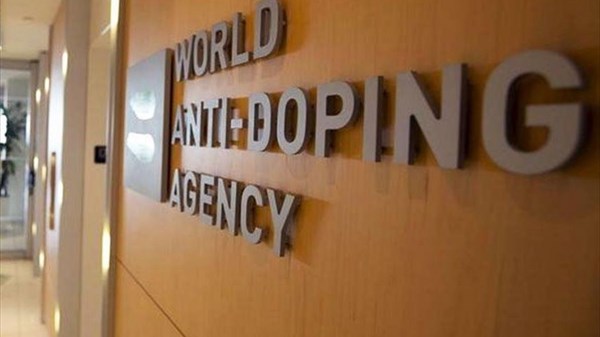WADA refuses to lift suspension of Russia’s anti-doping agency
The Foundation Board of the World Anti-Doping Agency or WADA decided not to restore the rights of the Russian Anti-Doping Agency or RUSADA.
Leaving in force the decision on RUSADA, the Foundation Board noted the absence among Russian sports functionaries of the "unconditional recognition of the conclusions from the McLaren report," the BBC reports.
RUSADA activity was suspended in November 2015 after the independent WADA commission published a report that revealed a state-supported system of doping and concealment in Russia. This led to the ban on the Russian national team in the Paralympic Games in Rio.
RUSADA suspension may call into question Russia's participation in the upcoming 2018 Winter Olympics and Paralympic Games in South Korean Pyeongchang. The Russian delegation in Seoul again insisted that concealing the practice of doping was the malicious intent of the former RUSADA leadership.
On November 10, WADA announced that it received the database of the Moscow Anti-Doping Laboratory with the results of all doping tests of Russian athletes from January 2012 to August 2015. The agency noted that the new information could help "strengthen the demands for Russian authorities to publicly acknowledge the results of McLaren's investigation."
The agency did not specify how WADA received the database. The New York Times wrote that the data file came from an informant. The Times also noted that the database could provide new evidence of doping by Russian athletes and entail new penalties for Russia.
In May 2016, Canadian lawyer Richard McLaren became the head of an independent commission of WADA, created to investigate the use of doping by Russian athletes. In July, the first part of the commission's report was published, which stated that in Russia, from 2011 to 2015, a whole system was created to conceal the positive results of doping tests of Russian athletes.
The second part of the report, submitted in December 2016, alleged that over a thousand Russian athletes participated in the manipulation of doping tests. The report implicated former Russian Minister of Sports Vitaly Mutko. Russian authorities and sports functionaries called McLaren's conclusions unsubstantiated and designed to discredit the image of Russian sports.
The WADA noted that the report contains insufficient evidence, since the Moscow Anti-Doping Laboratory destroyed many samples of doping tests, and additional requests from McLaren to the Russian authorities remained unanswered.
